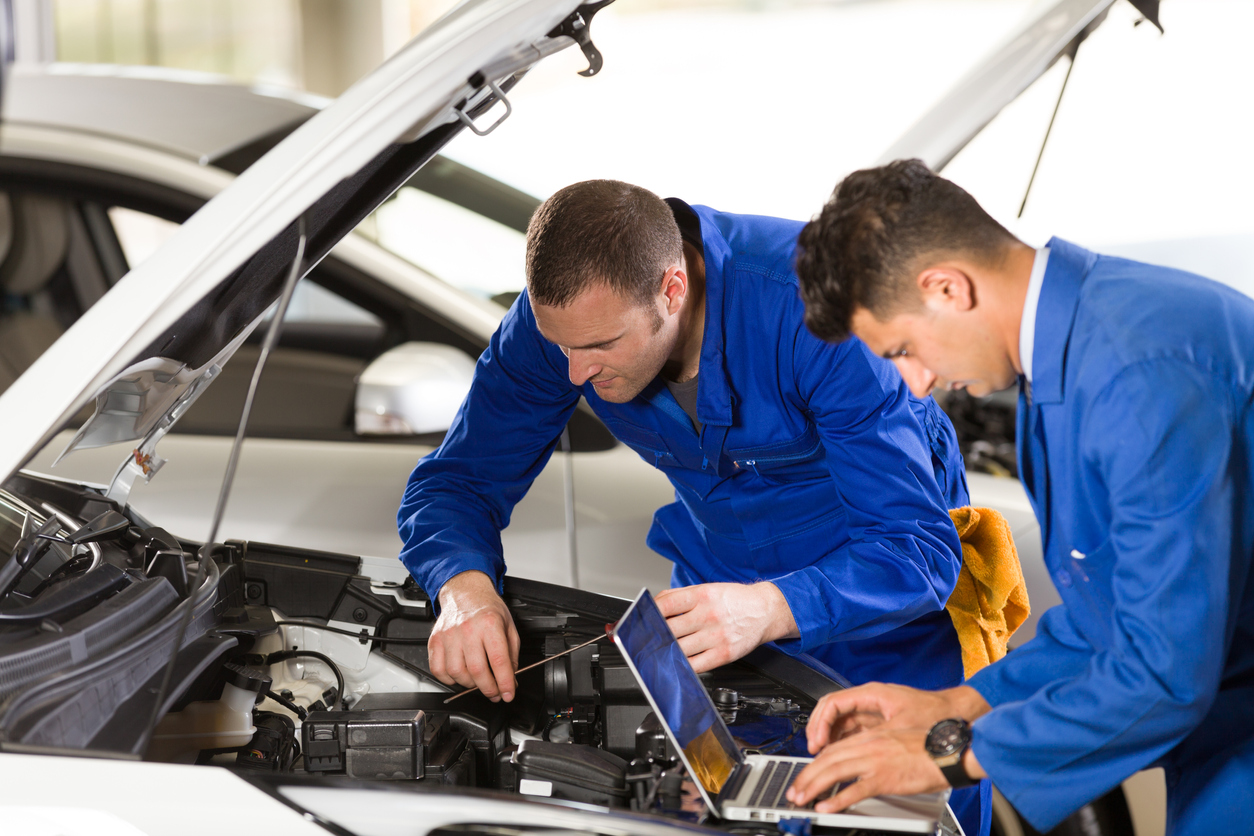All Categories
Featured
Brakes are arguably the most important safety attribute of any automobile. Without reliable brakes, even the most effective auto can end up being a danger on the roadway.
- The Importance of Regular Brake Inspections. Brakes undergo continual damage with every use, whether you're driving at high speeds on the freeway or cruising with city roads. Gradually, brake pads, rotors, and other components use down, which can impact stopping efficiency. Without routine inspections, you may not discover the gradual decrease in performance till it's also late.
Regular brake examinations enable you to capture concerns early, making sure that your brakes stay receptive, trustworthy, and risk-free. Timely evaluations can likewise conserve you cash by resolving small problems prior to they end up being costly repair work.
- Usual Indications That Your Brakes Need Interest. While regular brake evaluations are essential, there are some warning indicators you can watch out for to understand when it's time to set up a check-up:
Squeaking or Grinding Sounds: Shrill squeaks or grinding noises when using the brakes are frequently signs that your brake pads are used out and require substitute. Resonance or Pulsation: If you feel resonances in the guiding wheel or the brake pedal, it could show deformed rotors, which might need resurfacing or changing. Soft or Spongy Brake Pedal: If the brake pedal feels unusually soft or spongy, there might be air in the brake lines or an issue with the master cyndrical tube. Pulling to One Side: If your auto pulls away while stopping, this can be triggered by uneven brake pad wear or a problem with the brake liquid. Increased Quiting Distance: If it takes longer to stop than common, it may suggest that the brake pads are worn, the liquid is low, or the rotors are damaged. If you observe any one of these signs and symptoms, it's ideal to have your brakes evaluated quickly.

- Key Parts Checked Throughout Brake Inspections. Throughout a brake examination, a service technician will examine numerous critical parts of the braking system to guarantee whatever is functioning appropriately. Right here are the vital elements included:
Brake Pads: The most usual factor for inadequate stopping efficiency is worn-out brake pads. Evaluating the density of the pads is a priority during every evaluation. Brake Rotors: Rotors should be smooth and totally free of grooves or cracks. Any significant damages to the blades can result in jeopardized stopping performance and unequal pad wear. Brake Liquid: Low or contaminated brake fluid can impair stopping efficiency. The specialist will examine the fluid degrees and top quality and change it if essential. Brake Lines and Hoses: Brake lines need to be free of leakages or fractures. Any type of damages to the lines can cause loss of brake fluid, resulting in brake failing. Brake Calipers: The calipers use stress to the brake pads. They need to be inspected for indicators of wear or leakages to guarantee they are working correctly. Routinely examining these parts assists maintain your brake system in peak condition, enabling you to quit your automobile securely and effectively.
- How Often Should You Have Your Brakes Examined? The general referral is to have your brakes inspected at least annually or every 12,000 miles, depending on your driving habits. Nevertheless, particular driving conditions might call for even more constant inspections:
Rush Hour: If you typically drive in stop-and-go web traffic, your brake pads will use down faster. Hill Driving: Driving on high roads needs more constant braking, which can create your brakes to wear faster. Towing or Hauling Heavy Loads: If you routinely lug heavy lots, your brakes will certainly experience extra anxiety and require even more constant evaluations. If you discover any of the indication pointed out earlier, do not wait for the next scheduled examination-- have your brakes examined right away.
- The Consequences of Disregarding Brake Inspections. Ignoring routine brake assessments can lead to serious consequences. A falling short brake system could result in decreased stopping power, which boosts your threat of crashes.
In the worst case, driving with harmed brakes can lead to complete brake failing, placing you and other drivers at threat. Regular brake examinations are a small investment that can conserve your life and prevent pricey repairs.
- Conclusion: Stay Safe with Regimen Brake Inspections. Brakes are not something you intend to take chances with. A dependable braking system is essential for secure driving, and normal brake assessments are a straightforward method to guarantee that your vehicle stops when you require it most. By remaining on top of brake upkeep, expecting warning indications, and having your brakes checked at the recommended periods, you'll shield both your car and your security.
Don't wait until your brakes begin to fail-- routine routine brake examinations and maintain your automobile in optimal condition for several years to find.
Latest Posts
Explore Premier Vehicle Maintenance Care in Chicago – Quality Service Today
Learn How WyHy FCU Maximizes Your Savings on Financing and Accounts
Take Advantage of Limited-Time Auto Repair Offers in Chicago at Montclare Auto Repair
More
Latest Posts
Explore Premier Vehicle Maintenance Care in Chicago – Quality Service Today
Learn How WyHy FCU Maximizes Your Savings on Financing and Accounts
Take Advantage of Limited-Time Auto Repair Offers in Chicago at Montclare Auto Repair
